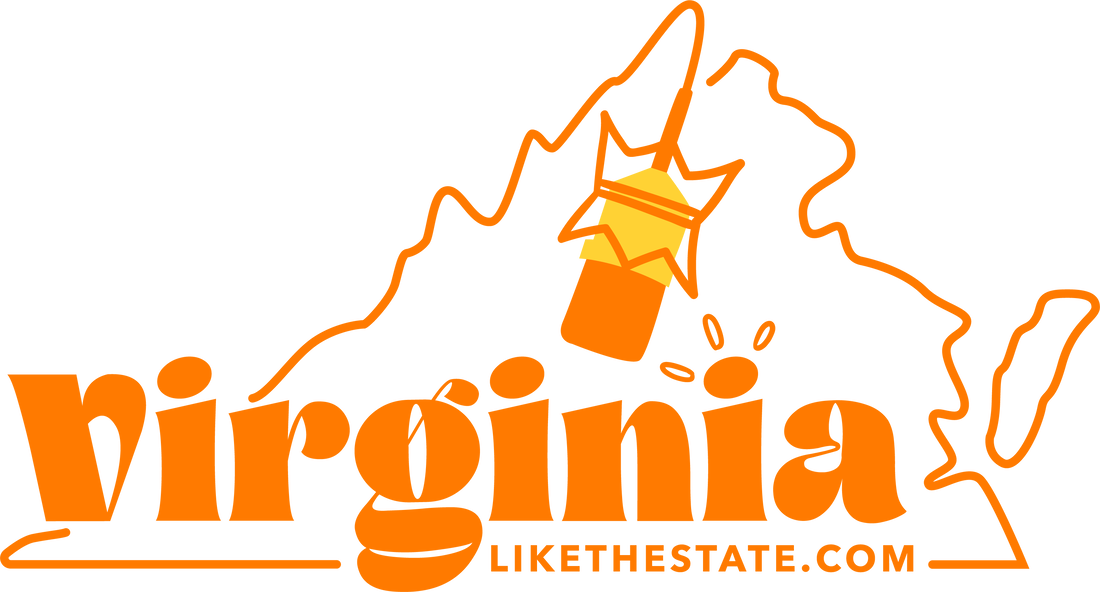|
Remember how fast things changed when the pandemic hit? When we were, for the most part, taken completely by surprise and life as we knew it was no more? The same thing is happening with AI.
Artificial Intelligence is everywhere it seems. It’s always in the news and people have been using it to streamline work and to come up with ideas for awhile now. This is the Wild West of technology and it’s slipping its way into all of our lives (and if it hasn’t for you yet, just wait!). Everything is happening so quickly that it’s a struggle not to fall behind. There’s so much to learn every day and I personally feel like I’m barely treading water trying to keep abreast of these changes. I don’t want to be like my mother, who knew how to program back in the 80s but stopped paying attention right around the start of more user-friendly operating systems in the early 90s. This put her firmly in the computational stone age and I was doomed to years of not so patiently explaining how to use basic hotkeys. Despite being in the first generation to inherently understand computers, I feel like I hardly recognize this crucial and once so familiar tech. In the VO industry, many people are panicking over AI. Or at the very least sense a looming dread as they worry for the future. Companies have already been using AI to create audio recordings of articles that sound very human-like (until the inevitable hiccup that jolts the listener straight into the uncanny valley) and this will put a lot of voice actors out of work. Not the ones at the top, mind you, but the ones in the mid to lower levels, which is most of us. Jobs in eLearning, corporate narration, and other non-broadcast voiceover doesn’t need a great deal of emotion or dynamism. In other words, it doesn’t need actors. It needs narrators. And a computer can do this just as well as a person. It’s cheaper to use AI than to hire an actor to record something straightforward. And AI makes fewer mistakes. It can process a wall of text in just a few minutes. It is, unfortunately for artists, good business practices for the company to use a program that does the job as fast and as cheaply as possible. Quantity over quality and all that. Worryingly, some companies are hiring actors at stupendously low rates--and some actors are willing to trade their voice for a little bit of cash so their voice is used in an AI trainer or as an AI voice. A lot of newer actors see these offers of a few hundred or thousand dollars and jump at the “opportunity”, not realizing that in the long run they’ve sold off their future in VO for next to nothing. Because once the company has your voice, why the hell would they pay you again? They already own you. Some companies have gone the nefarious route of posting “auditions” that are used to harvest voices without the actor’s consent. This is illegal, but good luck protecting yourself when you don’t know where your intellectual property has gone in the world wid e web and the guy stealing your voice is in another continent. Some big companies have supposedly been harvesting audiobook narrator's voices too, claiming the authors gave them permission even though the actors who did the recordings didn't. The world is changing, whether we like it or not! This is all the more reason to be savvy and know how to protect yourself! Here are some steps you can take:
I think, most importantly, don’t panic! Automation and the desire to streamline has been around forever. Socrates said writing things down would be the end of good memory, yet we remember just fine. TV came along to ruin the radio, yet we still listen to terrestrial, satellite, and internet! Virtual reality has come along to replace actual reality, yet we still seek to be present through meditation and forest bathing. Art will not disappear because of AI--instead there will be more of it and we will be overcome with choices like we already are with streaming services. The trick, I think, is to be flexible. To keep your eyes, your ears--and your options--open. But where does that leave the artists? AI can mimic humans very well (this blog, for example, is being recited by a clone I made of my own voice), but there is a narrowness to the performance. AI can’t make dramatic leaps and choices, it can only say what is put in front of it. Plainly, with limited range and no spontaneity. And always a little bit of monotone. Considering that humans still seek out art at all, after the tens of thousands of years we’ve been making it, I imagine this will lead to a range of buyers: ones who just want the jobs done quickly and cheaply and ones who seek the humanity of a well-made, artisanal product. Like how there are bargain shoppers and luxury shoppers. There will be more of the former and less of the latter--something that we already see in this industry--so if we want to survive we need to keep moving, polishing, and crafting. We give buyers ideas by being our creative selves and we are the ones who connect to the people at the end of the line whom our art is made for. Because, remember, it’s not AI buying or consuming the end product--it’s people.
0 Comments
|
Va the VoActor, Vocal Pro, and Writer Extraordinaire! ArchivesCategories
All
|
 RSS Feed
RSS Feed
